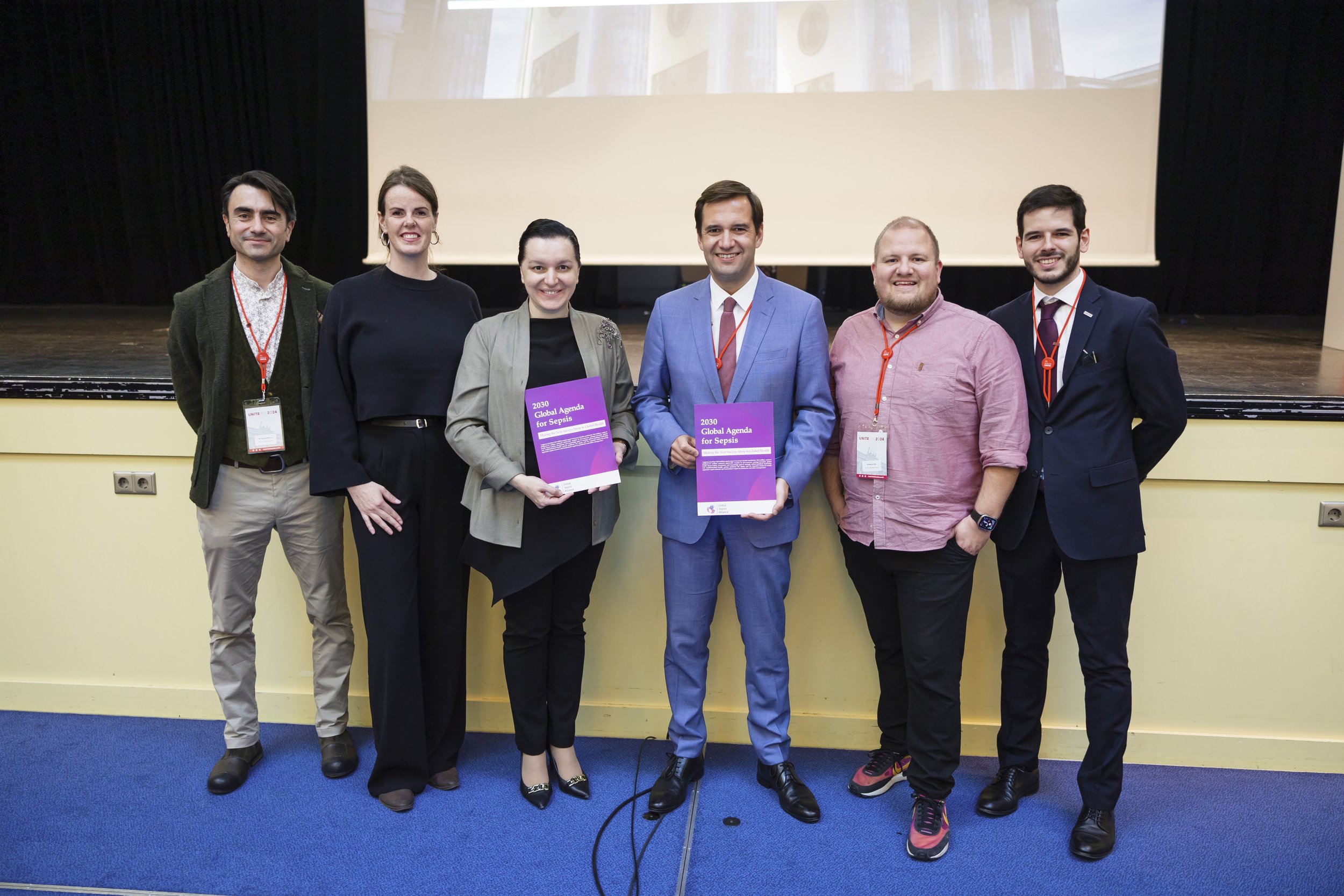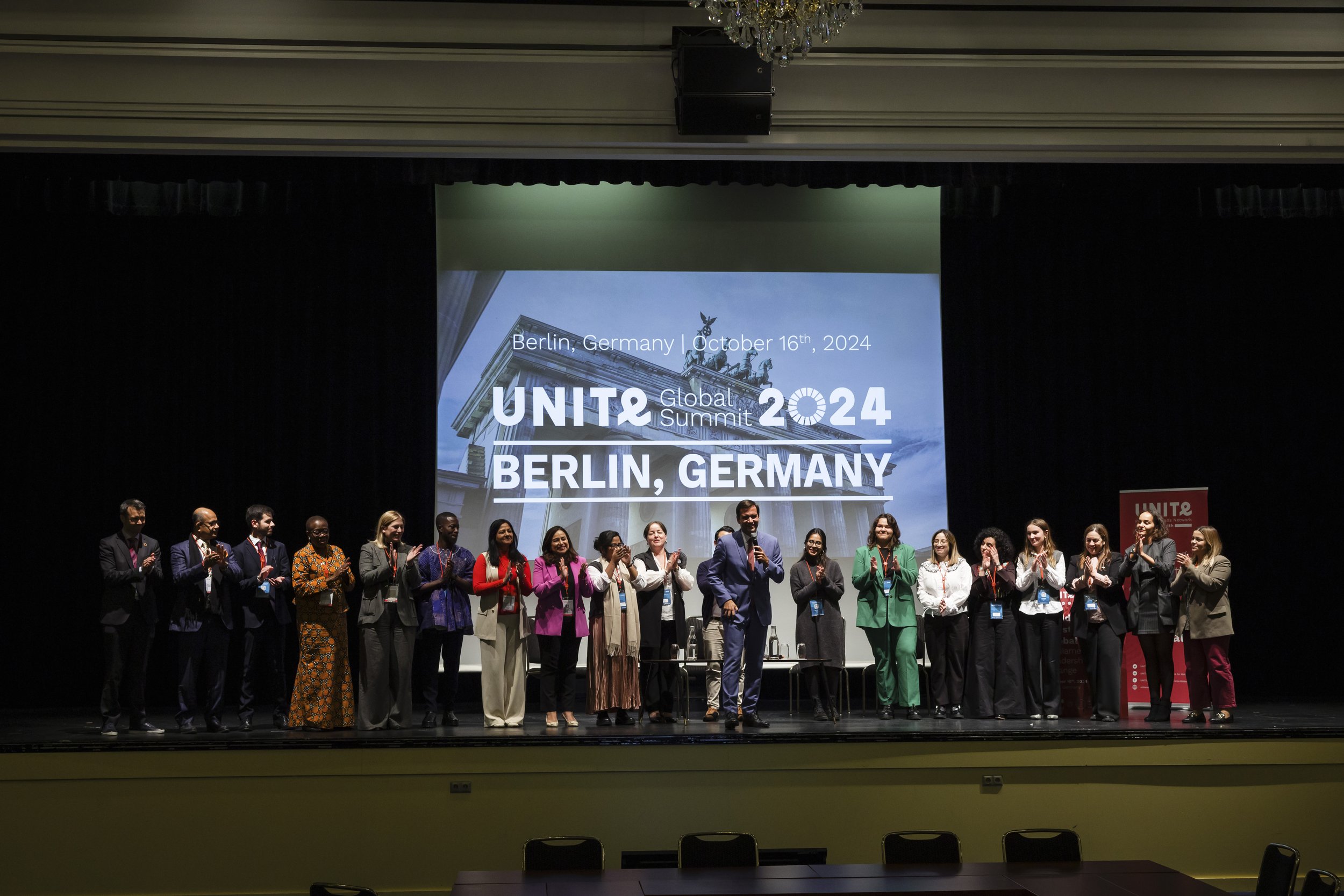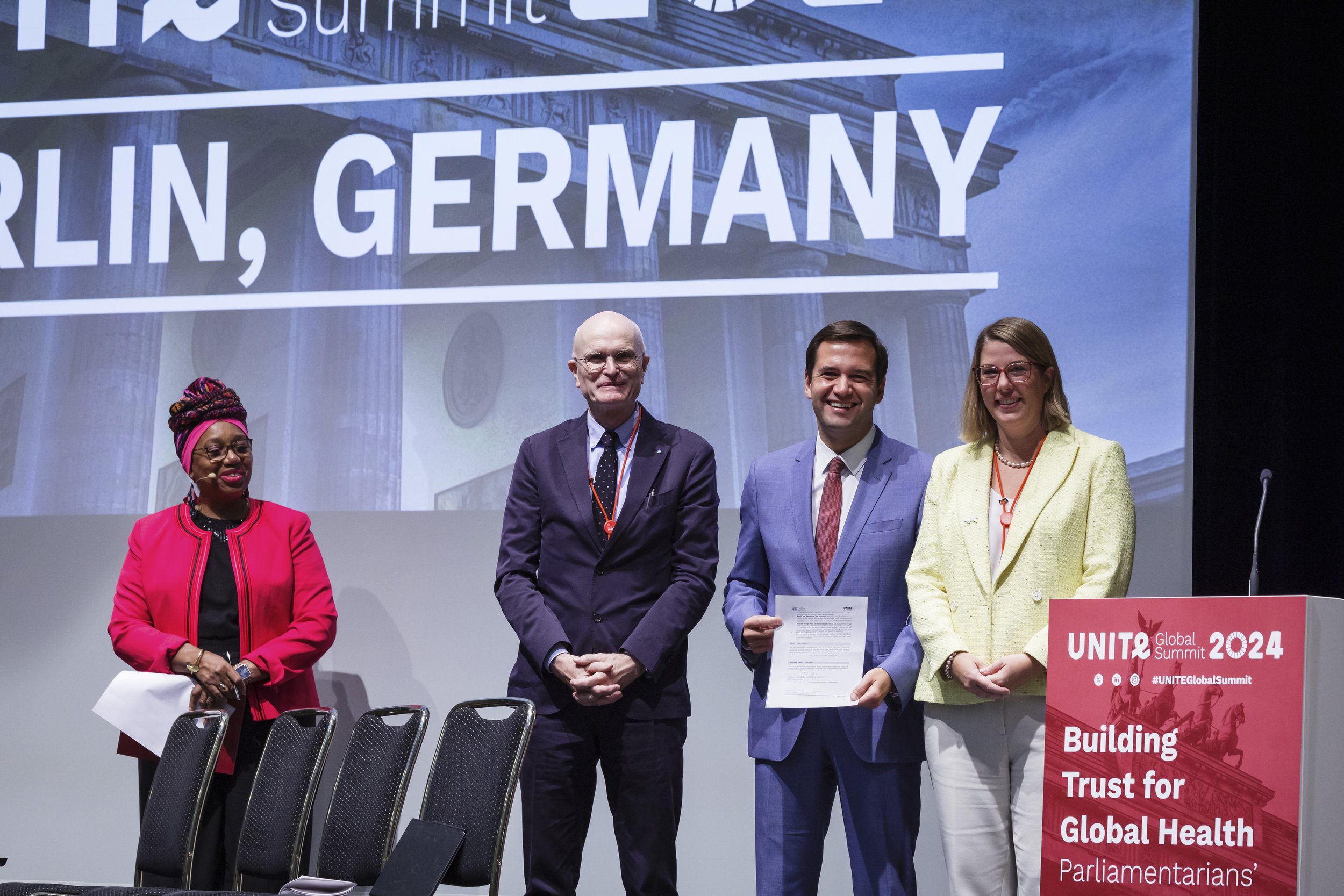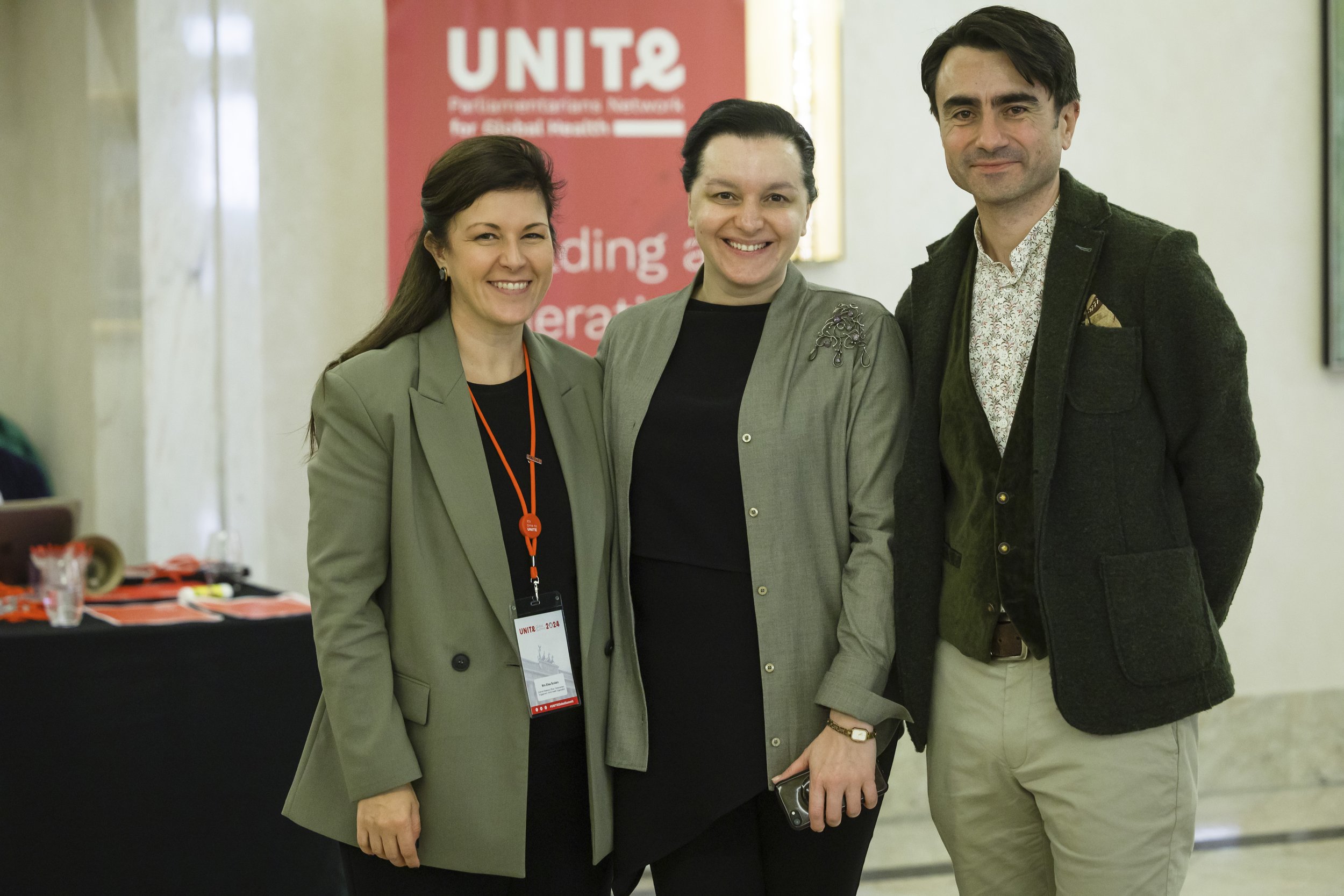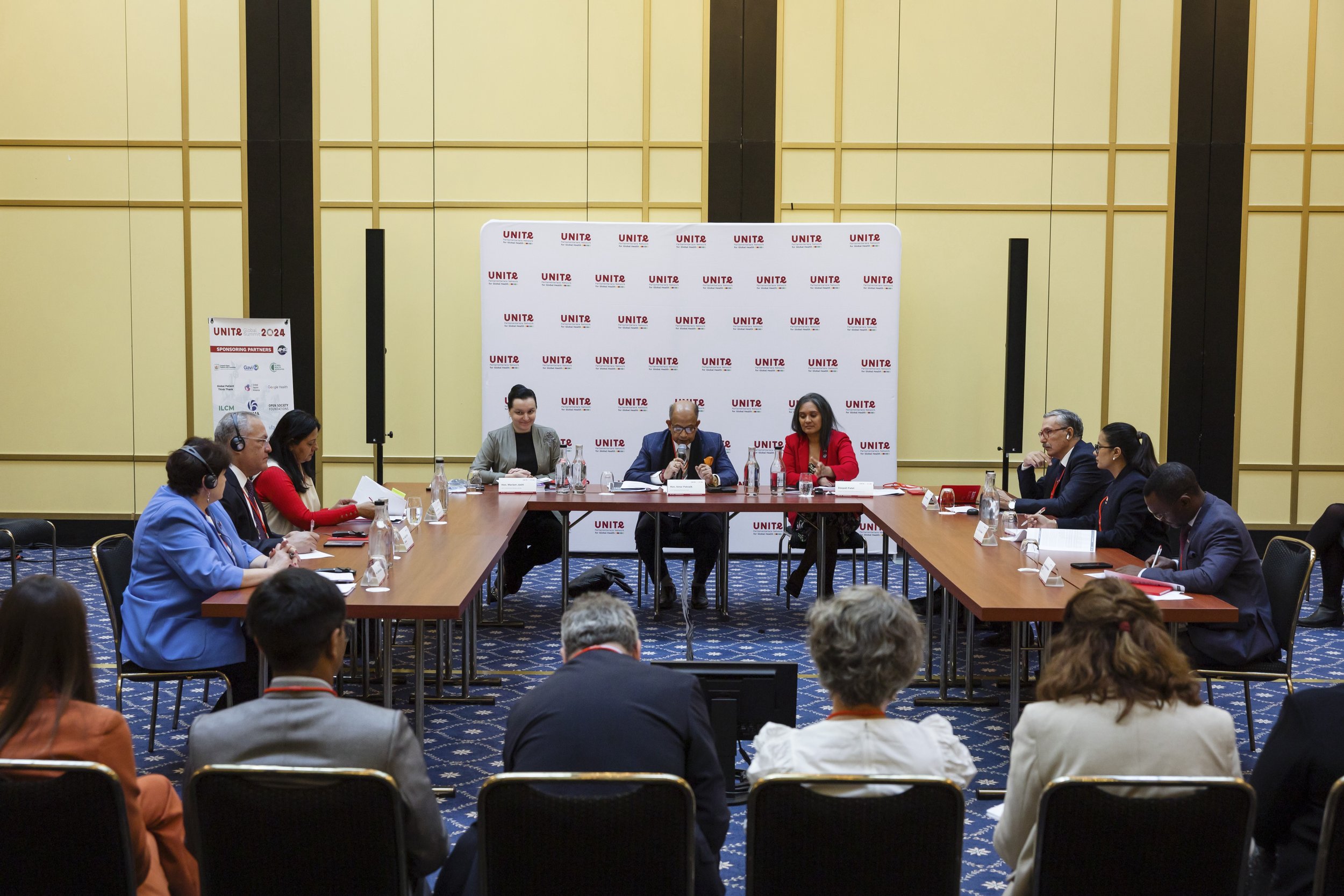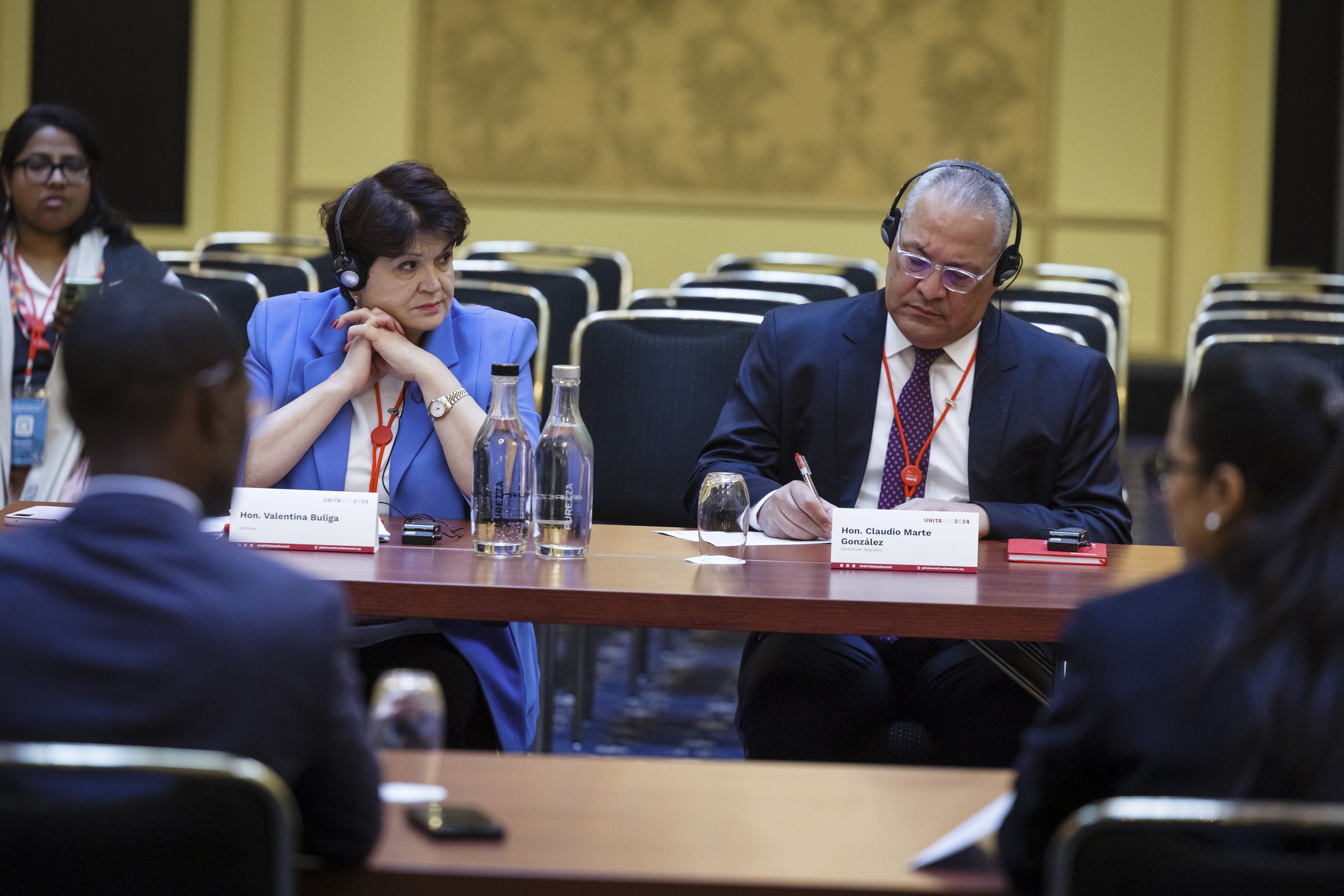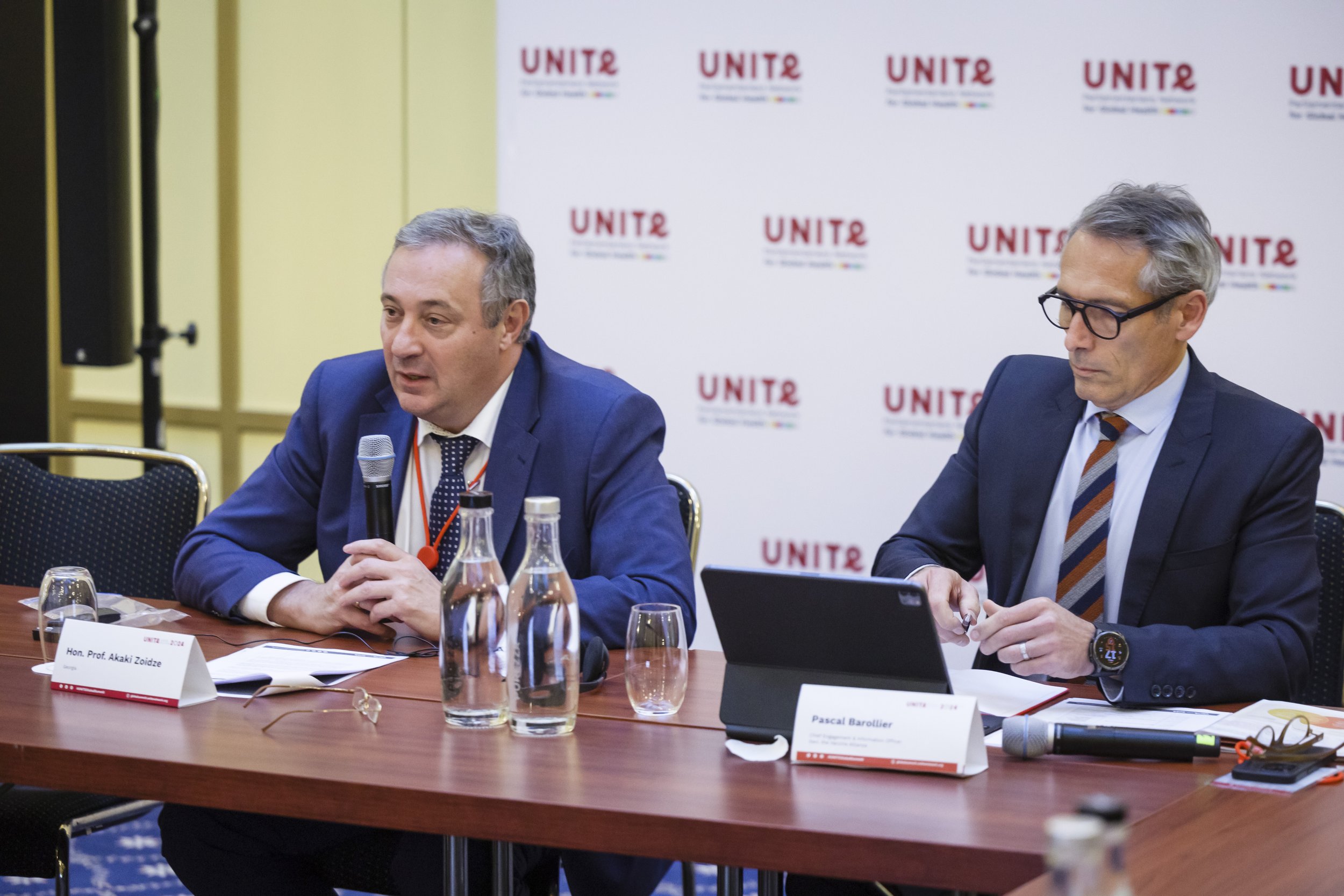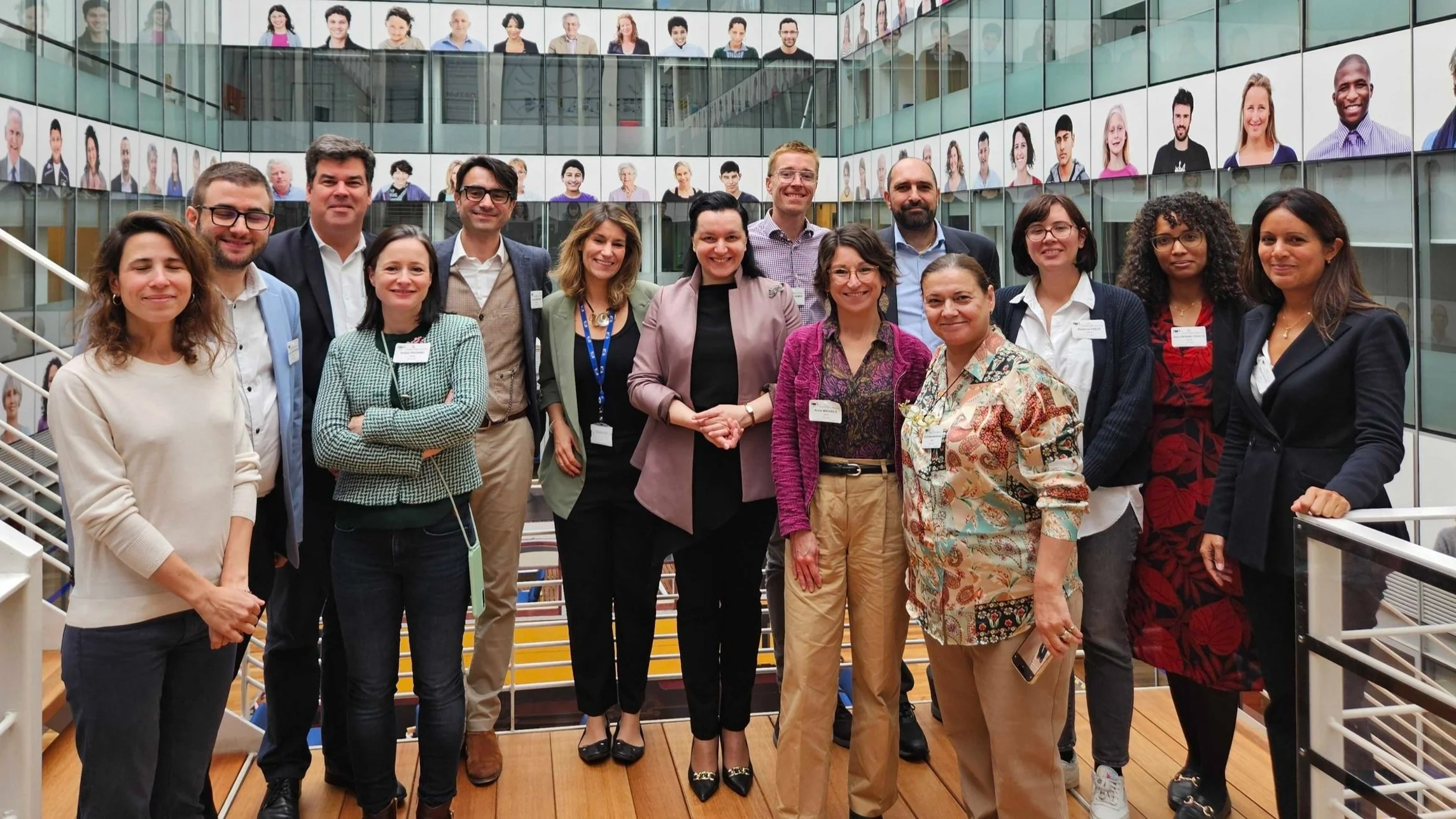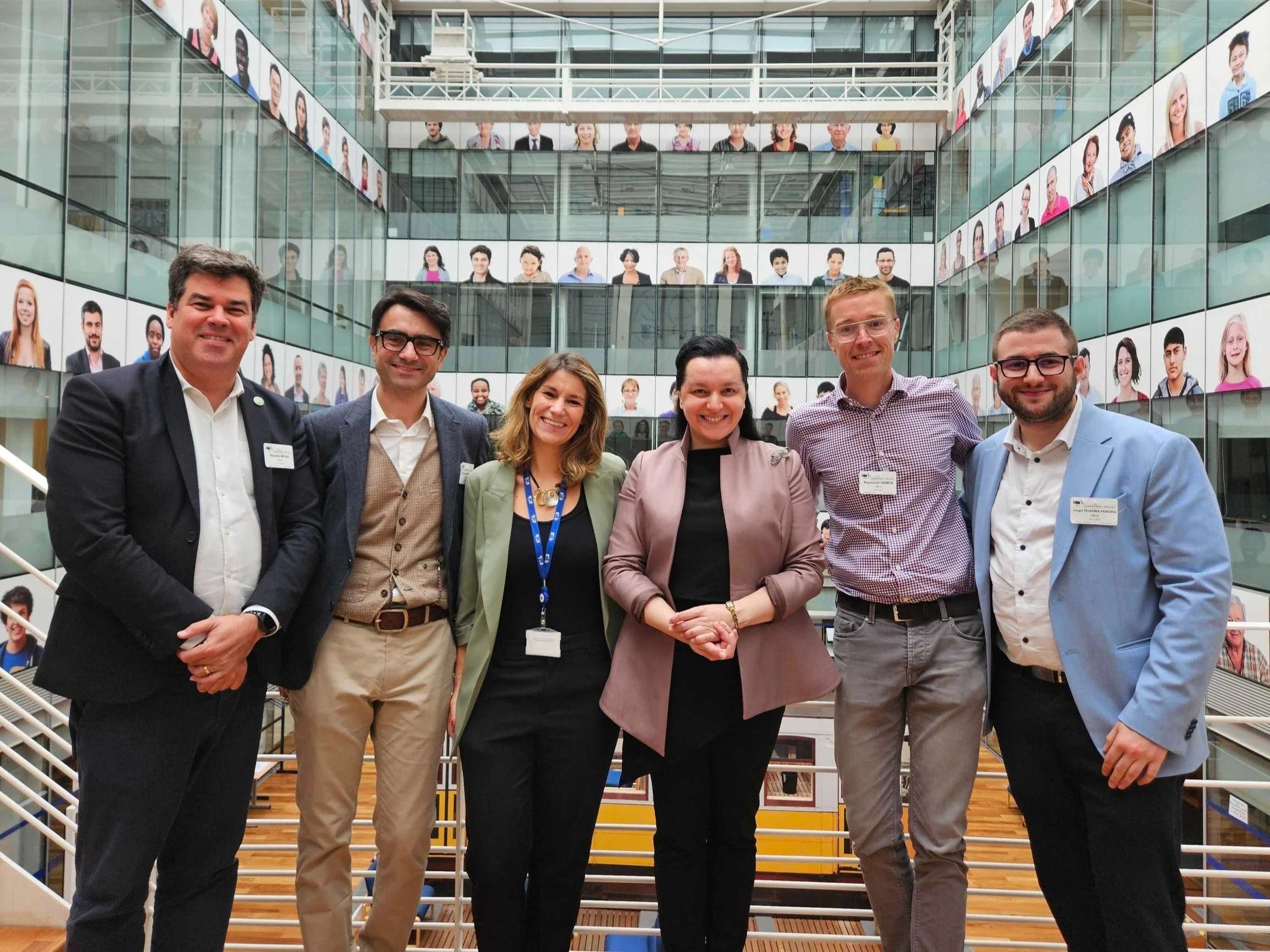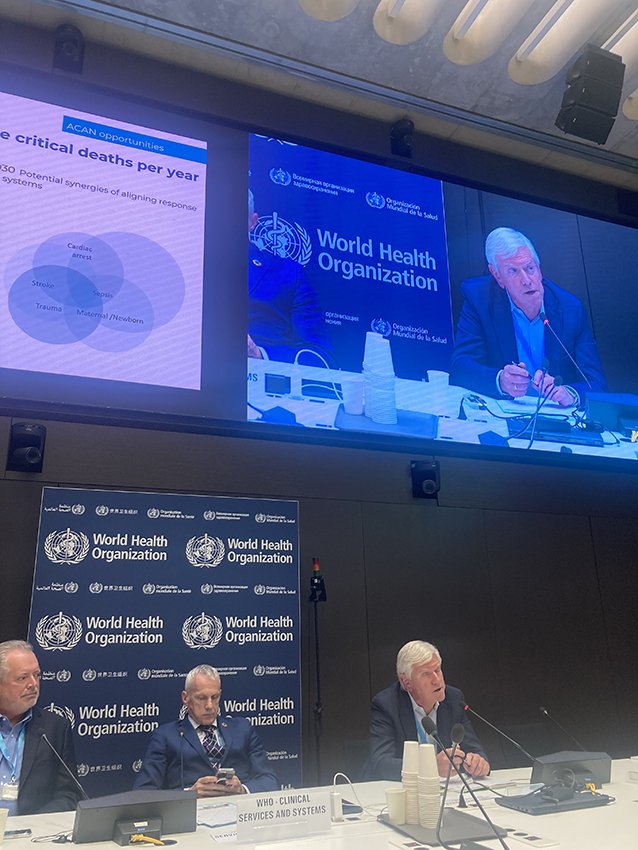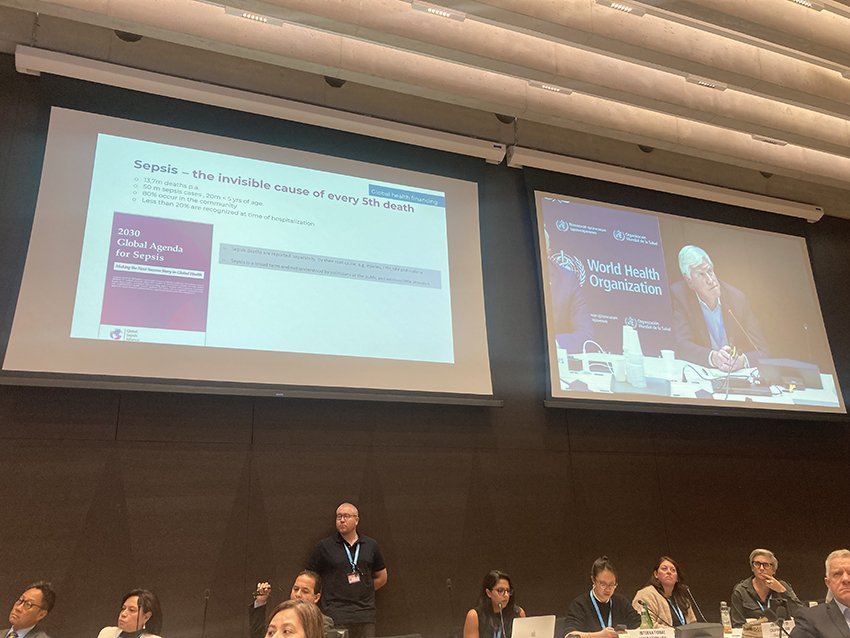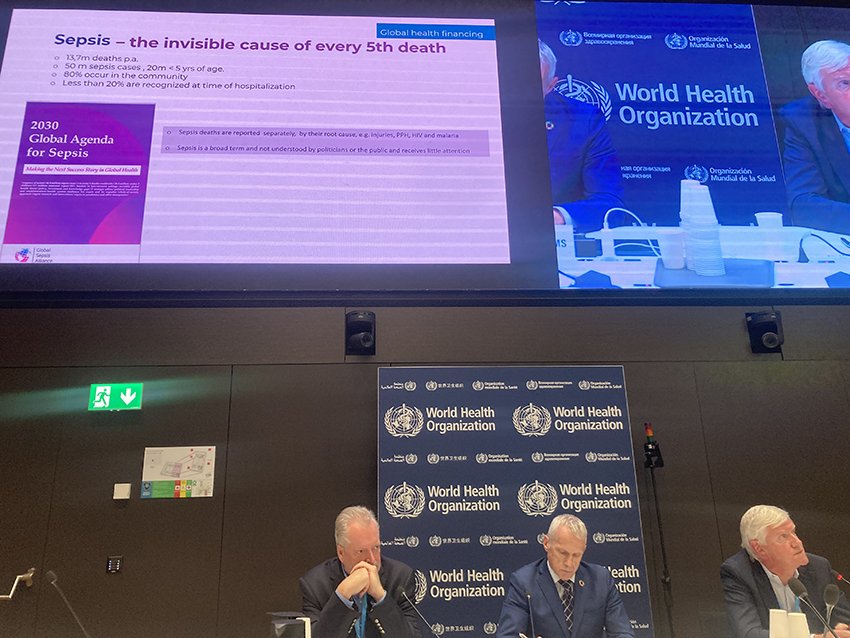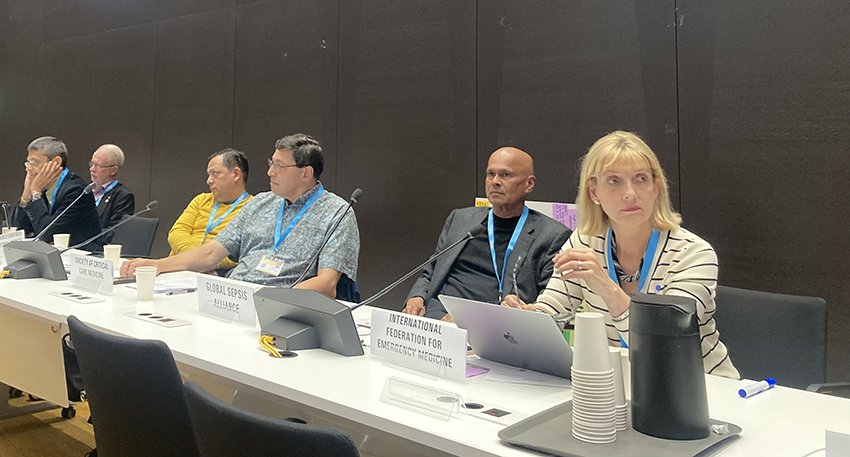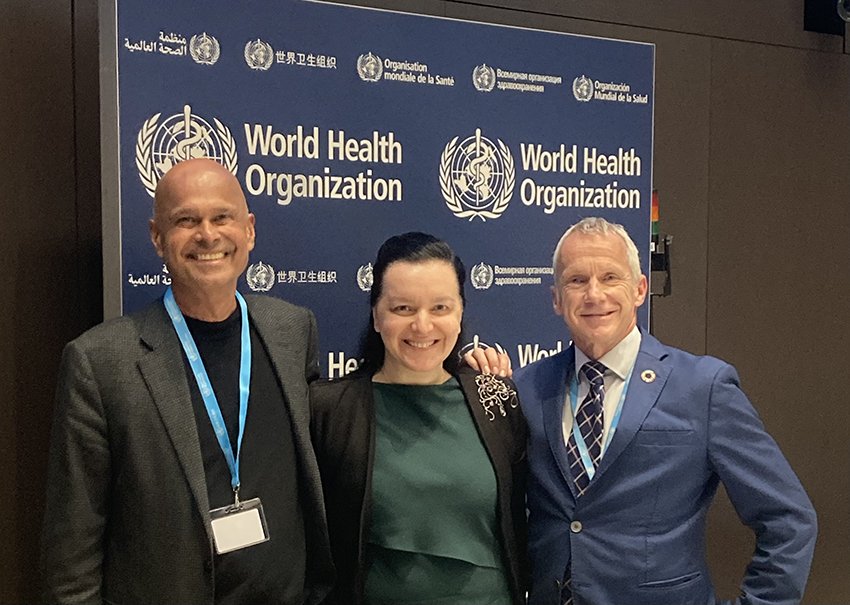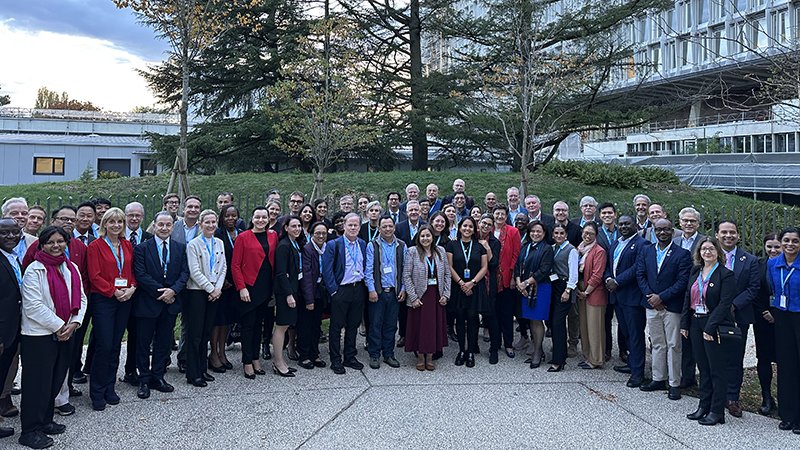Yesterday, Global Sepsis Alliance and Sepsis Stiftung participated in the Symposium hosted by the Global Coalition on Aging and Acton Institute at the Pontifical Academy of Sciences.
The meeting was dedicated to discussions on “Solving for Antimicrobial Resistance: A Rising Global Health and Humanitarian Crisis.”
Speakers and panelists of the Symposium included Renzo Pegoraro, the Chancellor of the Pontifical Academy for Life; Takuko Sawada, Director and Vice Chairperson of the Board, Shionogi; Damiano de Felice, Chief of External Affairs, CARB-X; Konrad Reinhart, Founding President of the Global Sepsis Alliance and President of the Sepsis Stiftung; John Alter - CEO, AMR Action Fund; Robin Hiley, Composer & Producer, LIFELINE; Francesca Manno – Director of the Department of Treasury, Ministry of Economy and Finance of Italy; Joel Denis – Director General of the Public Health Agency of Canada; Laurent Muschel – Acting Director General of HERA, European Commission; Atsutoshi Hagino – Delegate of the Japan Ambassador to Holy See; Michael Hodin – CEO of the Global Coalition on Aging and Michael Severance – Director of Acton Institute.
World-renowned American actor and producer Bill Pullman, who has been actively engaged in AMR Advocacy, delivered a special statement and, in parallel to the Vatican Symposium, worked on a documentary on antimicrobial resistance and its threats to humanity. The Global Sepsis Alliance applauds Mr. Pullman's commitment, reiterating the importance of engaging public figures in awareness-raising on AMR and its critical links to sepsis.

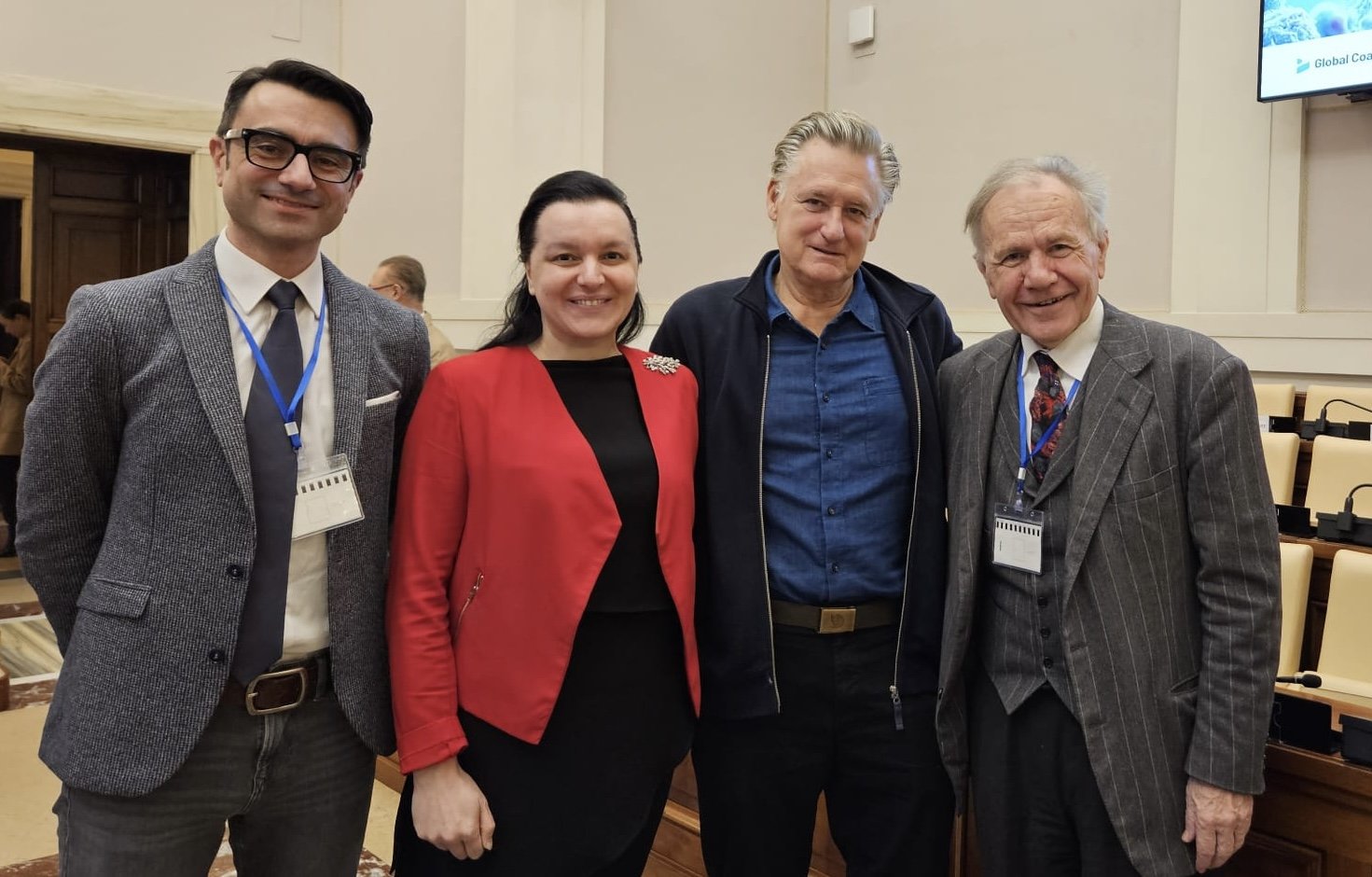
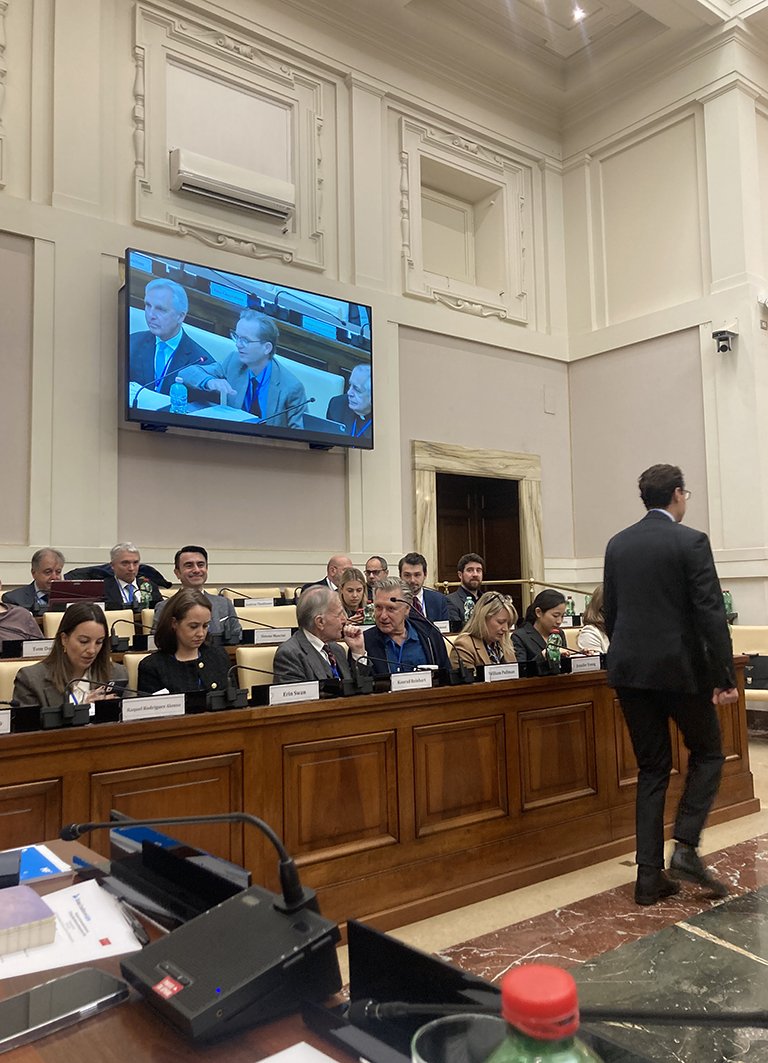
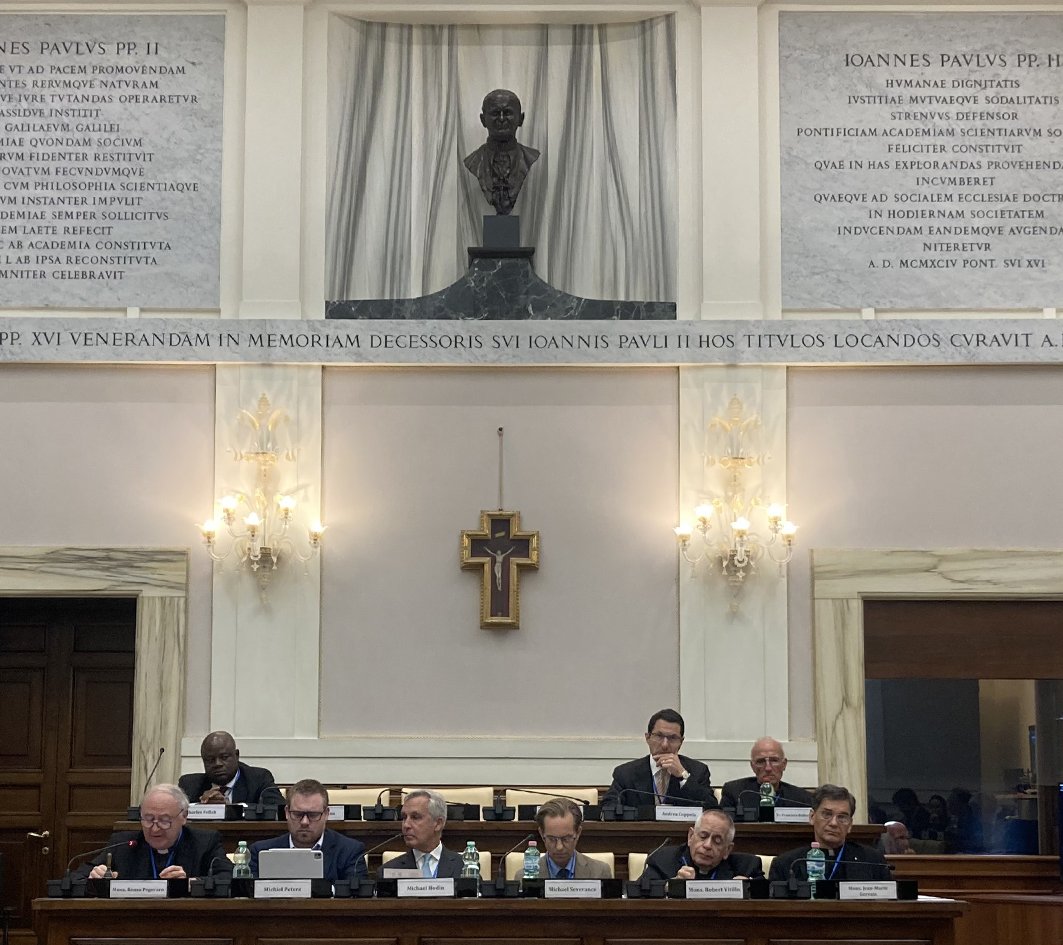






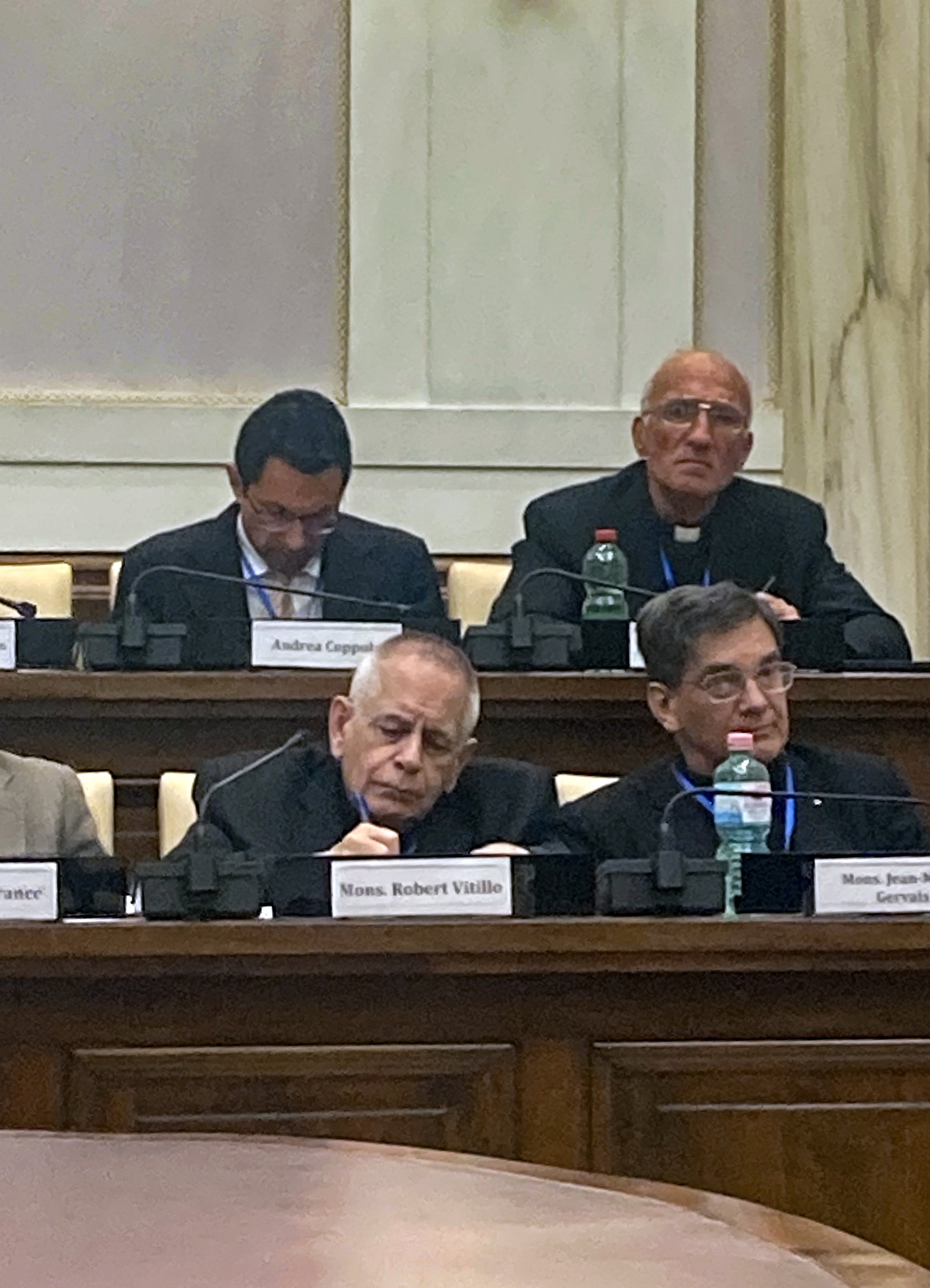
Prof. Konrad Reinhart was requested to deliver a presentation on “Sepsis and the Impact of AMR”. He highlighted that the estimated 4.95 million AMR-associated or attributable deaths are only part of the 13.66 million sepsis-related deaths (see slide below) and called for urgent political support and advocacy for synergizing the AMR and sepsis actions. He noted that after the historic 2017 World Health Assembly Resolution on Sepsis, thanks to the successful leadership of Prof. Karl Lauterbach, Federal Minister of Health of Germany, the call for the synergies of sepsis and AMR policies was integrated into the G7 Health Ministers’ Communique under the German Presidency in 2022. However, Prof. Reinhart expressed disappointment that sepsis disappeared in the latest G7 outcomes documents vis-à-vis AMR under the leadership of other G7 countries and asked the relevant government representatives attending the Symposium for action. Prof. Reinhart noted that young children, pregnant women, and older adults over 65 years of age are at special risk of sepsis and septic shock, and efforts on AMR in these high-risk groups also call for stronger harmonization. Finally, he presented highlights of the 2030 Global Agenda for Sepsis that GSA launched at the German Parliament on September 10, as the first multi-year global strategy in the field.
Dr. Mariam Jashi, CEO of the Global Sepsis Alliance, participated in the panel discussions and focused on the following key messages:
Importance of hosting the Symposium at the Pontifical Academy on Science as engagement and leadership of religious leaders is essential in raising awareness on global health threats, such as AMR and sepsis
AMR-related deaths are part of the sepsis-related deaths, and every political dialogue and declaration on AMR should be linked to sepsis as the human face of the AMR burden
The 120 ongoing armed conflicts and the consequent humanitarian crisis involving 362 million children, women, and men increase the risk of infectious diseases and sepsis
She presented the 2030 Global Agenda for Sepsis which describes how the 2030 Sustainable Development Goals aspirations will be missed without adequate response to sepsis and AMR.
Simone Mancini, Partnership Lead of the Global Sepsis Alliance, participated in the Q&A Session and, building on the recent civil society meeting in Brussels, addressed the acting Director of HERA with a request to prioritize sepsis in 2025 or 2026 Workplans. He highlighted the statistics that over 3 million people are affected in the EU every year by sepsis, and the cause is linked not only to the AMR but also to Pandemic Preparedness and Response and cross-border threats.
During the discussions, two Hong Kong and Italy delegates shared their sepsis-related stories. They reconfirmed how critical it is to link AMR efforts with sepsis prevention and clinical management.
The Global Sepsis Alliance and Sepsis Stiftung—together with our strategic partners—will continue consistent advocacy for integrated sepsis in the high-level AMR dialogue at the upcoming 4th Ministerial Conference on Antimicrobial Resistance in Jeddah, Saudi Arabia, and other major global health forums.
The estimated 4.95 million deaths associated with or attributable to AMR are only part of the 13.66 million Sepsis-death toll every year and this correlation should be reflected in AMR political declarations, policy, and advocacy documents.








